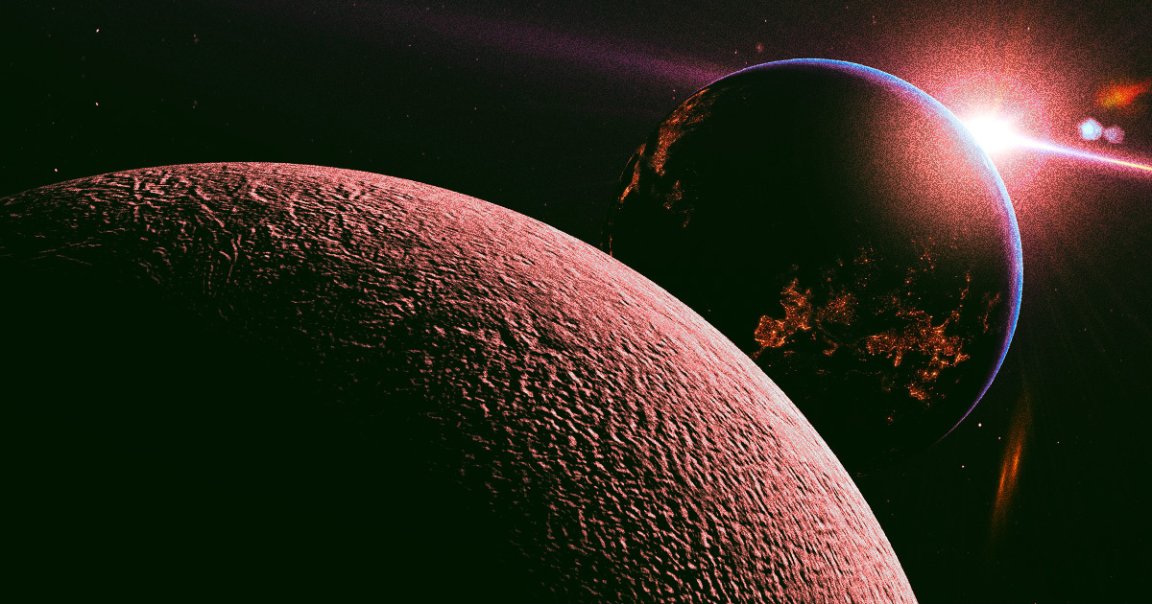
Moon Shot
A group of Chinese scientists want to build a magnetic launch system that spins up and then hammer throws cargo from the Moon’s surface, shooting it towards Earth.
The moon shot project, which has a proposed price tag of $18 billion, would work by harnessing the Moon’s low gravity and lack of an atmosphere, according to a study about the project published in the journal Aerospace Shanghai and flagged by Interesting Engineering. A 165-foot arm would rotate faster and faster, before launching a capsule into space after reaching the Moon’s escape velocity of 2.38 kilometers per second.
Solar panels and nuclear energy would power the whole apparatus. The primary goal of the magnetic launch system would be to transport the isotope helium-3, rare on the Earth’s surface but abundant on the Moon. Scientists have long coveted this isotope for its potential use in future nuclear fusion power plants.
The fact that serious scientists in China are even proposing this project, which sounds like something out of a science fiction movie, hints that the next gold rush for rare and expensive minerals on the lunar surface could be coming.
Heavy Metal
China isn’t the only world power contemplating mining helium and other minerals on the Moon.
A startup in the United States is trying to raise money to extract helium-3 on the lunar surface and bring it back to Earth, all part of a growing network of businesses and organizations intent on building up a “lunar economy.”
Many of them are banking on the success of NASA’s upcoming Artemis missions to land and establish a permanent colony on the Moon. One of the colony’s missions is to advance economic development and create jobs — and more than likely a lot of those jobs will involve mining.
But all these proposed mining projects are leading to another geopolitical space race between the United States and China, which has equally ambitious plans for space.
And whoever comes on top, in terms of technology and territory under its control, will most likely set the rules of engagement in space for generations to come. Extracting helium is just the beginning, in other words.
More on the Moon: Scientists Say They’ve Come up With a “Time Zone” For the Moon